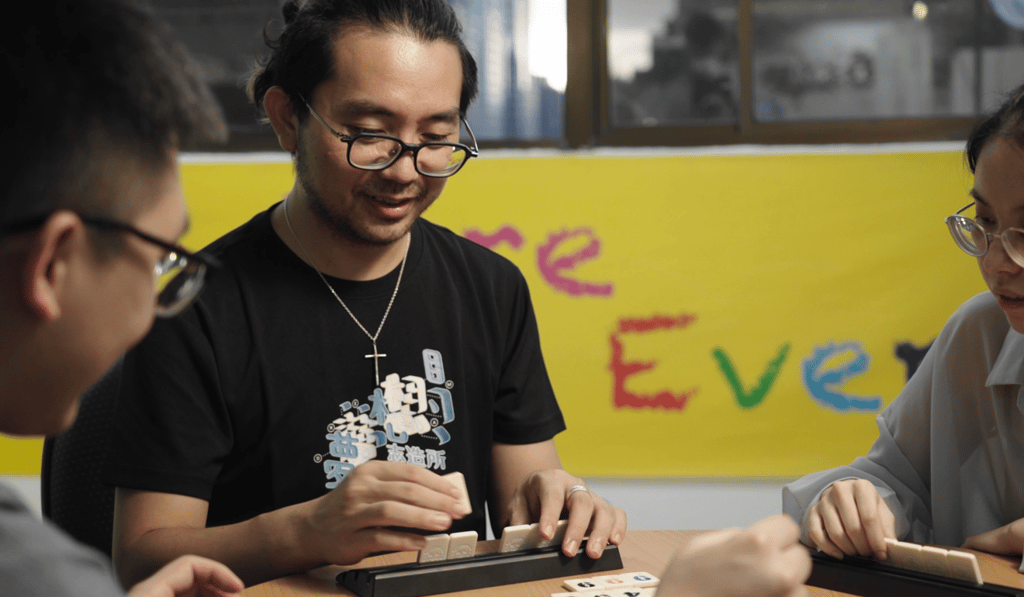Public-private partnerships help Asia-Pacific tackle social stigma affecting 6 million people with HIV
- Major advances in prevention and treatments, such as concept of Undetectable = Untransmissible, mean people living with virus can lead ‘relatively normal’ lives
- Public prejudice and mistaken beliefs remain commonplace and activist Yoyo Wu wants to see better support for people living with – or at risk of – HIV
When Yoyo Wu was officially diagnosed with the human immunodeficiency virus (HIV) in 2012, at the age of 28, after being admitted to hospital with a severe infection, his first response was one of relief.
“I’m just thankful it wasn’t cancer,” Wu, now 37, says.
His reaction is apt because in the 35 years since HIV was first identified, significant advances have been made in the prevention and treatment of the virus. Today, people living with HIV are able to live long and productive lives.
“Back in the day, if one was diagnosed with HIV infection, it was almost like a death sentence,” says Dr Wilson Lam, a specialist in infectious diseases, who is also an executive board member of the Hong Kong AIDS Foundation.
“Nowadays, we have a simple and effective treatment which involves patients taking their daily pill to lead a relatively normal life.”

